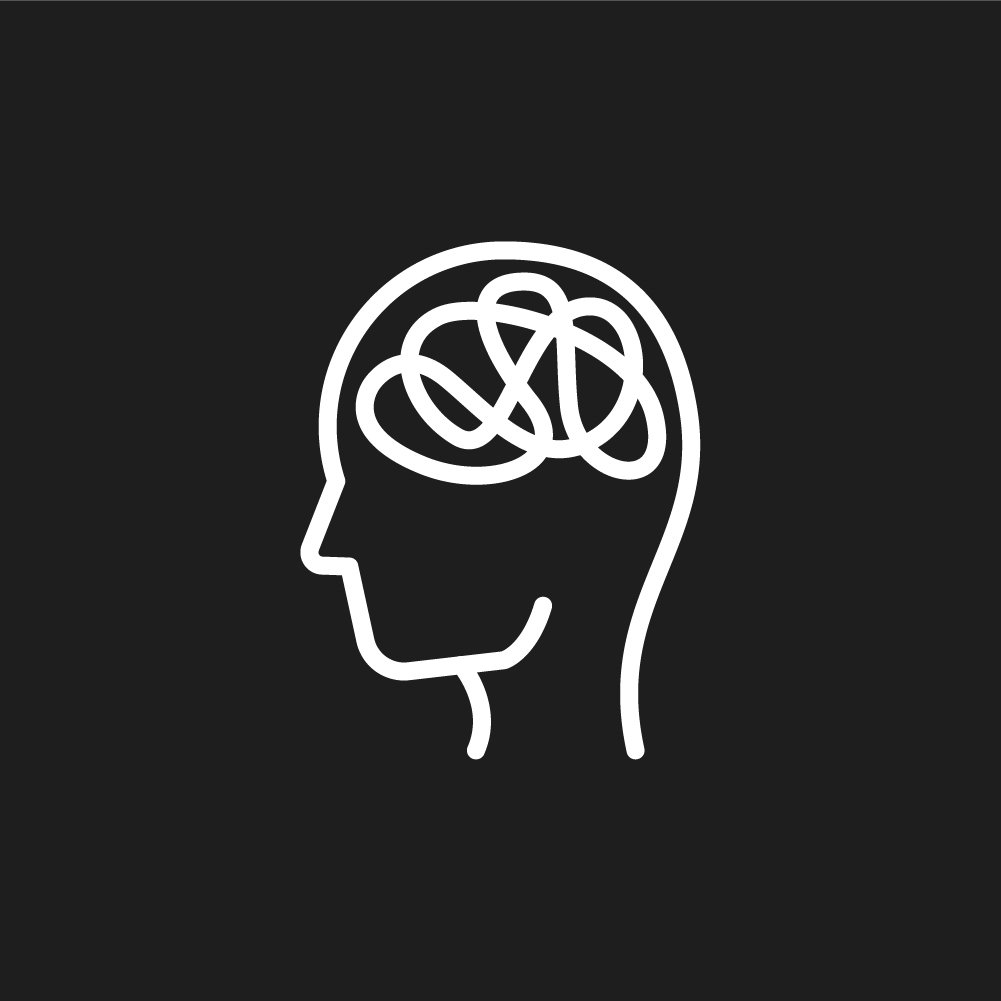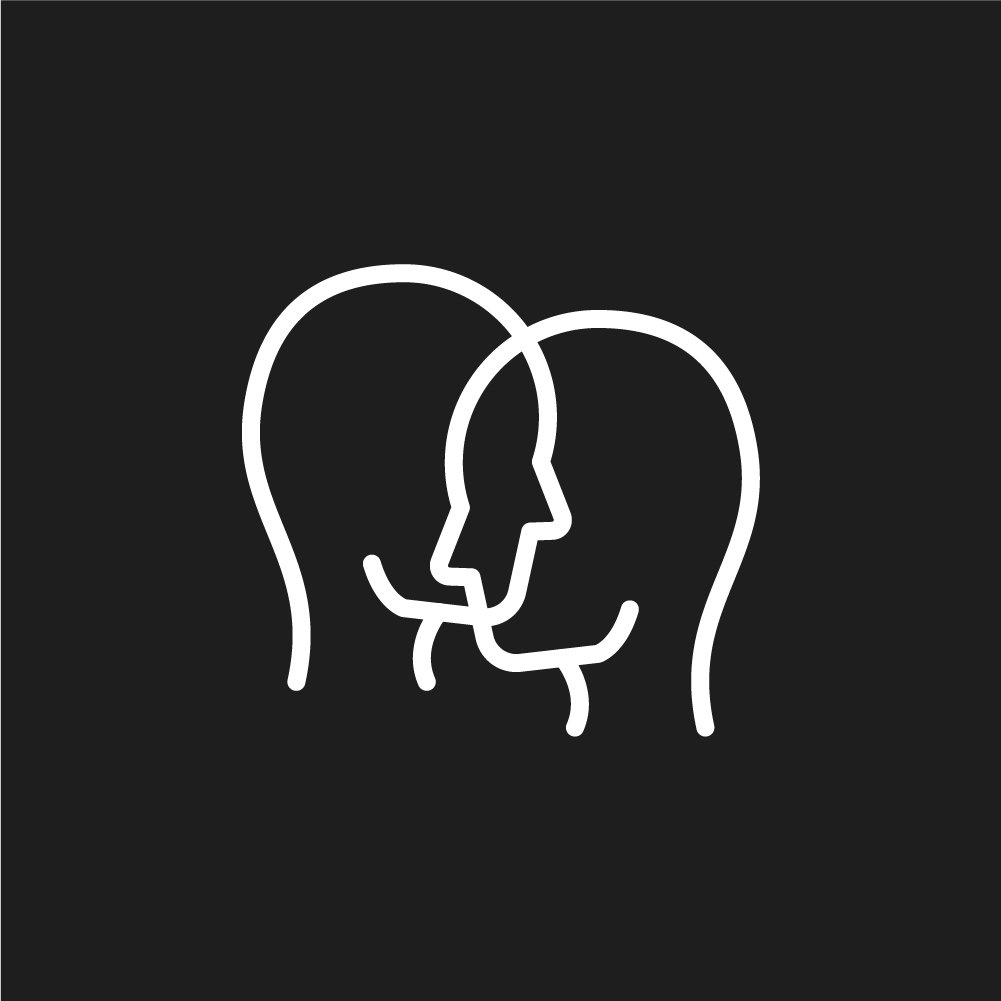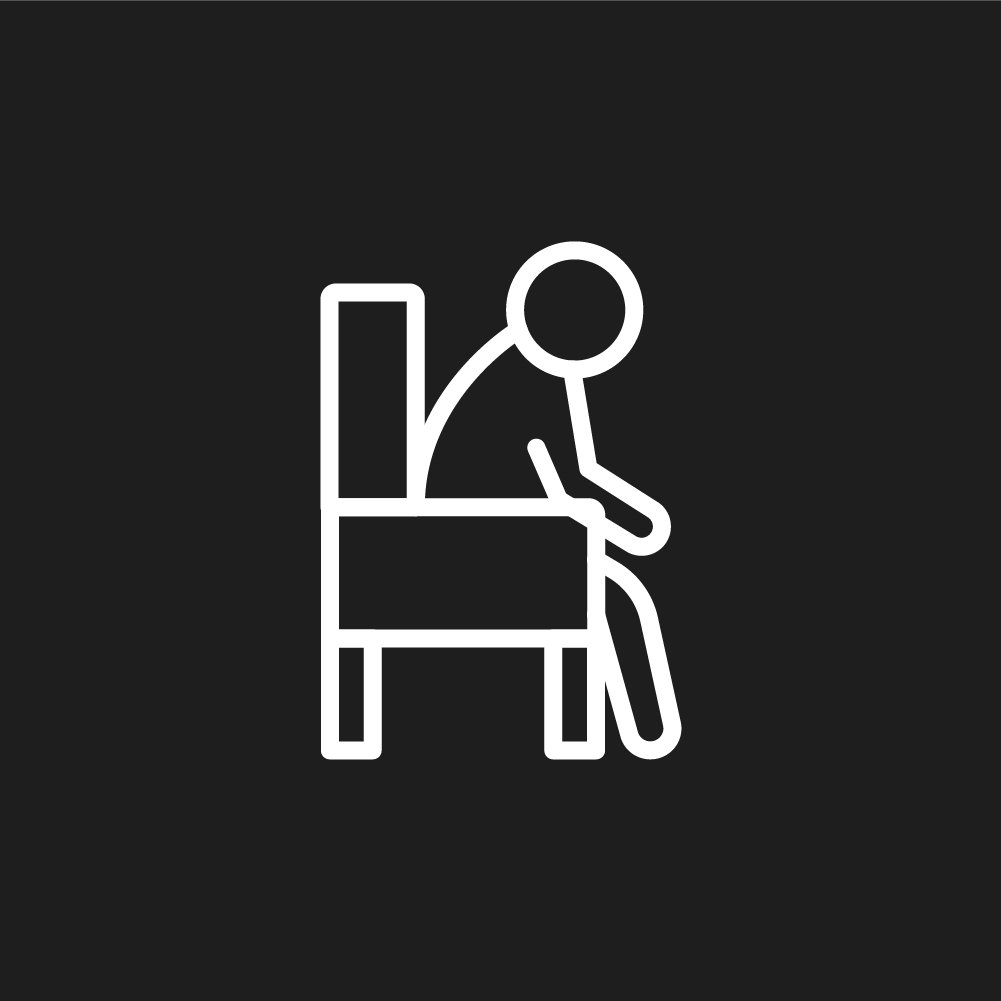Treatments

ACT (Acceptance Commitment Therapy)
Acceptance Commitment Therapy is a third wave of CBT, which came out in 1980 by Dr. Hayes. ACT assists people in practicing being mindful in there here & now and teaching them to identify that trying to control your inner experience may keep you stuck in the OCD cycle. Developing psychological flexibility is an important aspect when dealing with the rigidity of the OCD mind. The core processes of psychological flexibility are acceptance, cognitive defusion, self as context, being present, values driven life, and committed action. These processes tie together to allow one to be conscious in the present moment, however with a power of choice. In this form of therapy, it is a person’s willingness to experience uncomfortable thoughts and/or states and still move toward a regular lifestyle. We want to help you take steps towards actions that are meaningful for you. A life of purpose

ERP (Exposure and Response Preventation Therapy)
Exposure and response prevention (ERP) therapy is a behavioral therapy that helps people learn to manage and prevent their response to feared situations. It's a type of cognitive behavioral therapy (CBT) that's often used to treat obsessive compulsive disorder (OCD), but can also help with other conditions like anxiety and phobias.
ERP therapy involves two steps:
• Exposure-
Patients are gradually exposed to situations that trigger their fears, obsessions, or compulsive behaviors in a safe environment.
• Response prevention -Patients learn how to resist the urge to perform compulsions and instead tolerate their anxiety.
The goal of ERP is to help patients learn to develop coping skills and understand their obsessions and compulsions. It can help patients learn that anxiety is manageable and that they don't need to engage in compulsions to feel better.
ERP is considered a standard treatment for OCD, and research shows that it's more effective than traditional talk therapy for treating this condition.

Cognitive Behavioral Therapy
Cognitive Behavioral Therapy (CBT) is an active therapy. CBT recognizes that our thoughts, feelings, body sensations and behaviors are inter-related and affect one another. CBT hinges on the idea that if we change either our thoughts, feelings, body sensations, or behaviors, we can alter them all together. CBT works in the here & now. The focus is on understanding what keeps a problem going (e.g. anxiety or depression) and learning what actions can be taken to mitigate the core issue. In CBT, we use cognitive and behavioral strategies to change your thought patterns, test your beliefs/assumptions, and face your fears. In addition, CBT addresses the way people interpret events. Often times, individuals place meanings on their life experiences, thus determining their interpretations/feelings revolving around those experiences. CBT can assist individuals in uncovering maladaptive thought patterns around their experiences. CBT is a structured therapy that has been shown to be effective for a range of problems including anxiety disorders, depression, and more.

I-CBT (Inference cognitive behavioral therapy)
Inference Based Cognitive Behavioral Therapy (I-CBT)Inference Based Cognitive Behavioral Therapy (I-CBT) is a powerful and evidence-based treatment approach designed specifically for individuals with OCD and related disorders. Rooted in the principles of cognitive therapy, I-CBT focuses on addressing the underlying obsessive reasoning processes behind obsessions. I-CBT recognizes that obsessions are not random occurrences but arise from a faulty reasoning process. By challenging and modifying these thought patterns, I-CBT aims to alleviate the distressing symptoms of OCD. Unlike traditional Exposure and Response Prevention (ERP) methods, I-CBT does not rely on deliberate exposure to triggers or distress tolerance exercises.Through 12 structured modules and targeted exercises, I-CBT enhances learning and understanding between therapy sessions. It offers a cognitive intervention that targets obsessional doubts directly, shifting the focus from compulsions or behaviors. By helping individuals gain a more accurate perception of reality, I-CBT aims to create sustainable and long-term changes.With its emphasis on reasoning processes and tailored approach, I-CBT provides individuals with the tools and strategies necessary to manage their obsessions effectively and achieve a higher quality of life.
Start Your Mental Health Journey Today. Schedule a free phone consultation with us.
